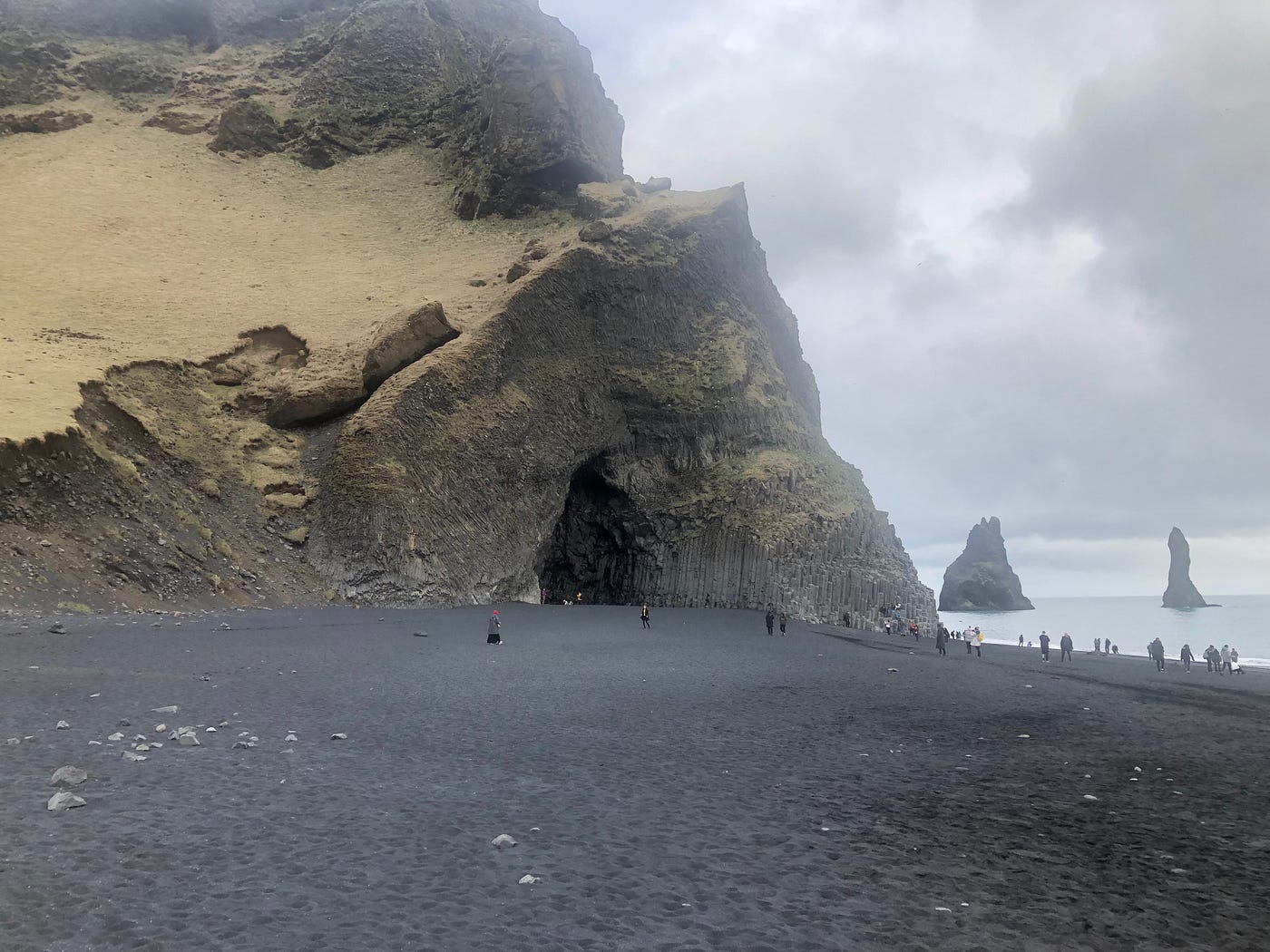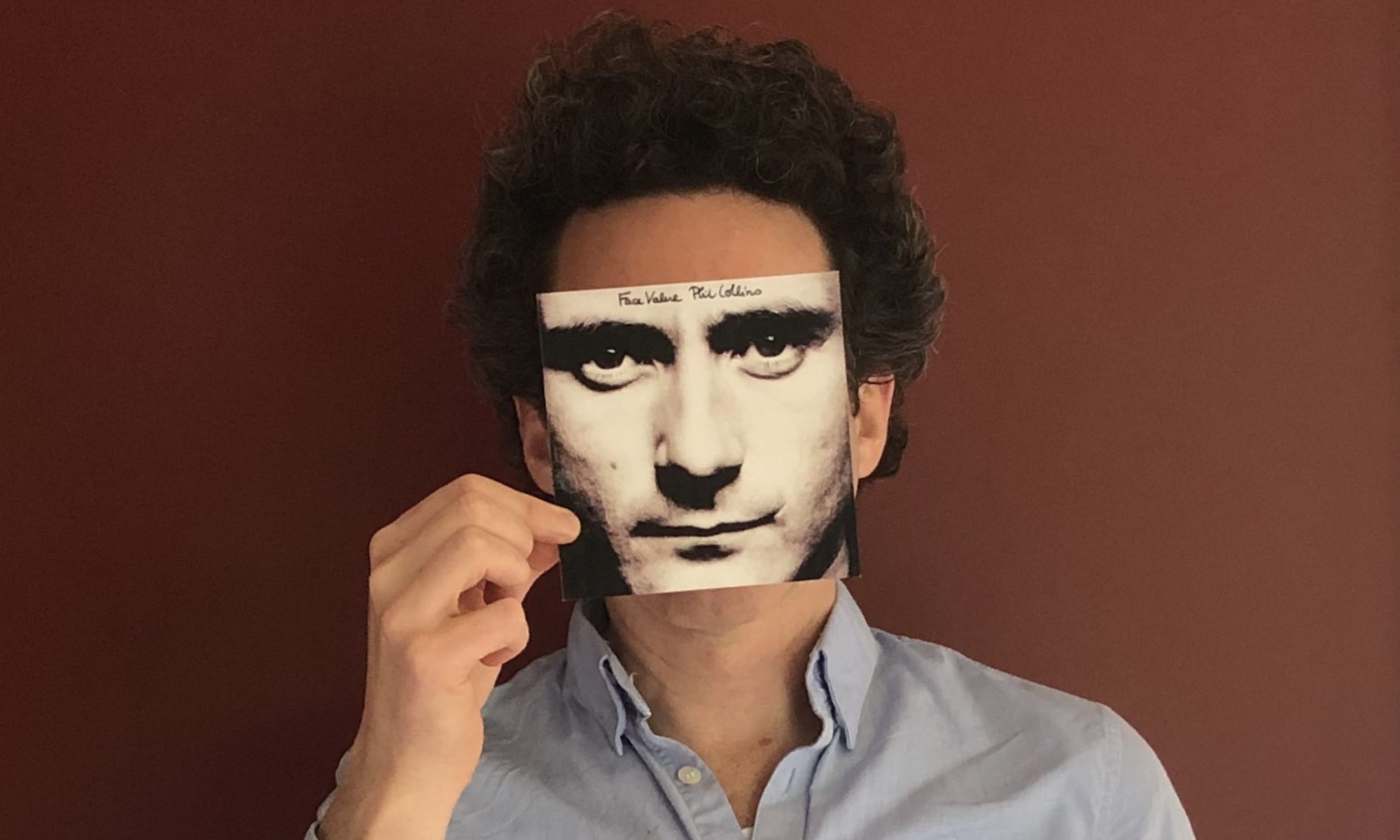In their 2007 tour film, Heima (“home” in Icelandic), Sigur Ros reconnected with their tribe. Over two weeks, they set up and played for free, unannounced, in small village halls, on remote hillsides, and in downtown Reykjavik, their capital city that’s roughly the size of Kent, WA or a High Wycombe in the UK.
They retreated again at the end of 2017, emerging only to release a piece that soundtracks the sleep cycle and a performance of a fourteenth-century Icelandic poem. Both very on brand.
Like a slow tide draws in, breathes and pushes back out from shore, it’s time for Sigur Ros to head out into the world again and, for two nights at the Paramount, they come to reconnect with the Seattle chapter of the tribe.

Seattle has been on Sigur Ros’ itinerary for over twenty years. They first played the King Cat Theater in 2001. The theater has been gone nearly ten years and their lineup has changed in that time. The heart of the band — singer Jonsi and bassist Goggi — are a constant but there are two changes since their last visit. New touring drummer Ólafur Björn “Óbó” Ólafsson is a perfect fit. He hits hard and clean, driving the sound deep into the ground to let Jonsi soar. Kjartan “Kjarri” Sveinsson, who left in 2012, is back and he’s a big add, with a major in keyboards and minor in trombone, guitar and anything else that can be convinced to make a sound. No-one stays in their box. Everyone pulls keyboard duty at some point. Jonsi sings while sawing a violin bow across his guitar, or singing with the guitar in front of his face, his voice joining with the guitar’s vibrations on the way through. They fill every pixel of the Paramount with sound.
Over two sets and twenty songs on Saturday, they mesmerize a packed house. They cast across their full catalog, jumping back to the breakthrough Ágætis byrjun (Icelandic for “a good beginning”), drawing on their Grammy-nominated 2002 album () for six, bringing two reflective new songs — Gold 2 and Gold 4 — which may come from an upcoming album.
The show brought the faithful. Sigur Ros has always been a band which sees itself as, if not at the heart — they are too attention-shy for that — at least inside a community that values new creative expression and respect for tradition, pin-drop quietness and panel-beating loudness, sound and vision.
They come on under cover of darkness, dressed in black, lights and video screen the center of attention. It’s not until the third song that you figure out where everyone is on stage. A couple of times through the night they huddle around Kjarri’s keyboard corner, downstage right; it feels like we’re eavesdropping on a rehearsal room. The crowd gradually leans forward, closing the gap between audience and band by any few inches.
Singer Jonsi hypnotizes. His voice is hard to describe. But here goes: if you gave a microphone to a whale with the need and ability to get a load of deep emotional stuff off its chest, this is that sound.
Rock band only captures maybe half of what Sigur Ros is up to. They are a visual medium, a film project and designer lighting showroom. The show is beautiful, arresting, diverting. A simple light setup, snaking across the stage, left to right, front to back, is at once fireflies, brought to life by a sonar ping, or droplets falling from a filmed backdrop of water.
The show is perfectly timed. On last song, Popplagið, the music builds, builds, then breaks out. The mic stand topples, a monitor is kicked off stage, Jonsi’s howl becomes untethered and his guitar transforms from improvised cello to regular guitar. The loud four-piece rock band in Sigur Ros emerges and the crowd roars, finally rises to its feet. The audience stays standing to herald four diffident Icelanders who come back to take their bows, relaxed and smiling, the trance broken after two hours channeling something ‘other’.
If there is a criticism — in fairness, it’s a wish — it would be to catch a bigger glimpse of where Sigur Ros is going next. The show feels like a reconnection, a warm bath for the faithful. Next time, perhaps we can add a crashing wave of fresh, cold North Atlantic water that takes the breath away and leaves you wondering, again, where on earth did that come from?
